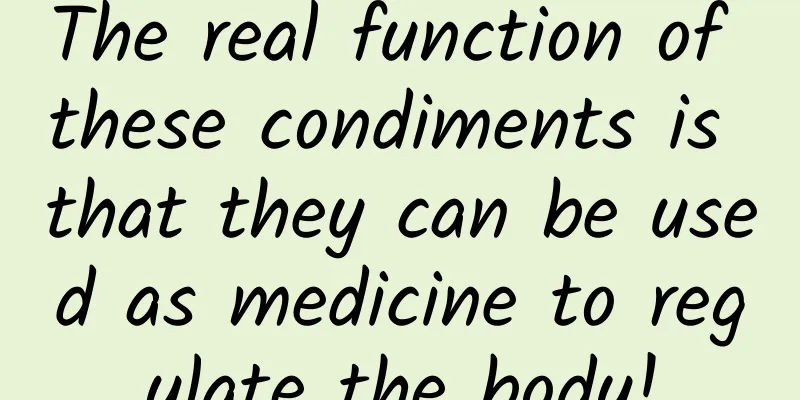Reasons for chest tightness and shortness of breath when sleeping at night

|
Many people experience chest tightness and shortness of breath when sleeping at night. So what exactly causes this problem? It is generally due to difficulty breathing or lack of air. As many people describe it very aptly, it is like being pressed by a huge stone. This is very painful, and the patient's sleep time cannot be guaranteed, which seriously affects the health of the body. So we should treat this problem early. Chest tightness is a subjective feeling of difficulty breathing or not having enough air. Those with mild symptoms will feel nothing serious, but those with severe symptoms will feel uncomfortable, as if a stone is pressing on their chest, and even have difficulty breathing. It may be a functional manifestation of the body's organs, or it may be one of the earliest symptoms of disease in the human body. The causes of chest tightness in people of different ages are different, the treatments are different, and the consequences are also different. 1. Functional chest tightness (i.e. chest tightness without organic disease): Staying in a room with closed doors and windows and poor air circulation for a long time, or encountering some unpleasant things, or even having quarrels or disputes with others, or being in a climate with low air pressure, often causes feelings of chest tightness and fatigue. After a short rest, opening windows for ventilation or going outside to breathe fresh air, relaxing your mind and regulating your emotions, you will soon return to normal. This type of chest tightness can be said to be functional chest tightness, and there is no need to worry or seek treatment. 2. Pathological chest tightness (i.e. chest tightness caused by organic lesions): Chest tightness can not only be physiological, but can also be caused by diseases in certain organs in the body, i.e. pathological chest tightness. like: 1. Respiratory obstruction: tumors in the trachea and bronchus, tracheal stenosis, and external pressure on the trachea (thyroid enlargement, tumors in the mediastinum); 2. Lung diseases: emphysema, bronchitis, asthma, atelectasis, pulmonary infarction, pneumothorax; 3. Heart disease: certain congenital heart diseases, rheumatic heart valve disease, coronary heart disease, heart tumors; 4. Diaphragmatic diseases: diaphragmatic swelling and diaphragmatic paralysis; 5. Disturbance of fluid metabolism and acid-base balance, etc. In short, chest tightness must be taken seriously to avoid delaying necessary treatment. You should go to the hospital for chest X-ray, electrocardiogram, echocardiogram, blood biochemistry and pulmonary function tests so that the clinician can further confirm the diagnosis. The above is our introduction to the causes of chest tightness and shortness of breath when sleeping at night. As we all know, there are many reasons for chest tightness and shortness of breath. Patients should seek treatment as soon as possible, because if it lasts for a long time, the consequences will be more serious. We can also take preventive measures in normal times, such as going outdoors more often, breathing more fresh air, and maintaining a happy mood! |
<<: What's wrong with palpitations, shortness of breath, and weakness in the limbs?
>>: Reasons for shortness of breath when angry
Recommend
What should people with hot constitution eat?
Human physique is divided into cold and hot. Peop...
Will scalloped tongue heal on its own?
Tooth-marked tongue refers to the edge of the ton...
Effects of moxibustion on anus
Moxibustion is a relatively common treatment meth...
Can you take roundworm medicine casually? Pay attention to how you take it!
Ascaris is the largest parasitic nematode in the ...
Causes of genital curvature
Genital curvature, that is, penis curvature, is n...
What wine can be used with Maca to nourish the kidneys?
Maca has relatively high nutritional effects and ...
Is Chinese medicine effective in removing freckles?
When people reach a certain age, many dark spots ...
The efficacy and function of Chinese medicine lily
As for lilies, I believe everyone is very familia...
Health: 8 health secrets from a 98-year-old Chinese medicine practitioner
The secret to longevity lies in the eight-charact...
Analysis of the testing principle of early pregnancy test paper
Early pregnancy test strips are actually a relati...
How much does 1g of placenta cost?
We all should know the function of the placenta. ...
Will getting hot cause vulva itching?
There are many reasons for vulvar itching, which ...
The rules of beard for men
Men can't grow beards as they please. There ar...
What causes blood in urine after sex? What should you pay attention to before sex?
Many men find themselves having hematuria after h...
What are the common early symptoms of herpes in men? What should we pay attention to?
In order to cure genital herpes early, it must be...









